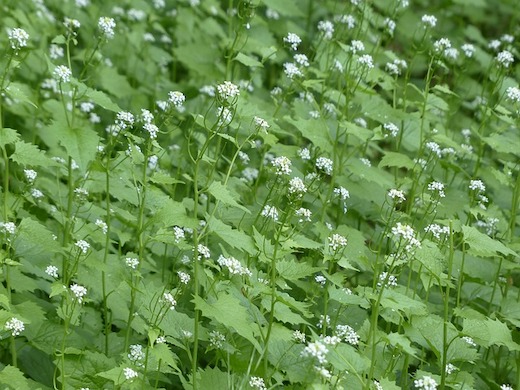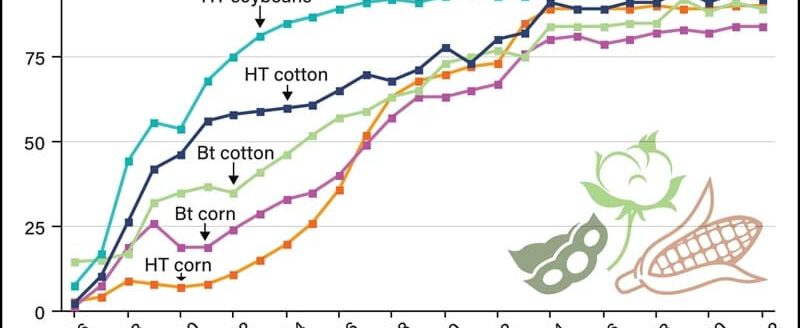Options for weed control in light of dicamba ruling

Soybean and cotton producers received weed-control breathing space this season from the Environmental Protection Agency when it issued an “existing stocks” order allowing producers to use up already-shipped dicamba-based formulations including ExtendiMax, Enginia and Tavium for this planting season. Beyond this year, Kevin Bradley, professor of plant science and state Extension weed scientist at the University of Missouri, foresees more litigation over the Feb. 6 ruling by the Arizona District Court halting over-the-top spraying of dicamba-based formulations.
“It’s important to wait and see what happens between now and next August,” Bradley told High Plains Journal. Furthermore, the court’s ruling did not ban any and all uses of dicamba-based formulas. “Pre-planting burndown is still allowed,” said Bradley. In fact, some of the objections to the court’s ruling have noted that it might even encourage more uses of dicamba formulations other than over-the-top spraying during emergence.
What about next season?
But if the ban holds, what about next season?
“Producers still can lean on effective pre-emergence residual herbicides and timely post-emergence applications of glufosinate herbicides like Liberty. It requires careful management, but producers can still have a successful weed management program by following these guidelines,” Bradley said.
Coincidentally, on Feb. 20 AMVAC Chemical Corporation, an American Vanguard Company, announced that its new Zalo herbicide, enabled by ProLease technology, has received federal registration. The herbicide is approved for early to mid-post-emergence use on glufosinate trait-enabled soybeans, cotton and canola.
Zalo is a premix of glufosinate and quizalofop, two ingredients designed for strong control of broadleaf weeds combined with broad-spectrum control of annual grasses, according to the company, including non-Enlist traited volunteer corn, giant foxtail, fall panicum, shattercane, johnsongrass and quackgrass. Zalo will be available for the spring 2024 season following state registrations. The company is recommending it to growers needing broad-spectrum broadleaf and grass weed control beyond mandated dicamba cutoff dates.
David Murray can be reached at [email protected].



